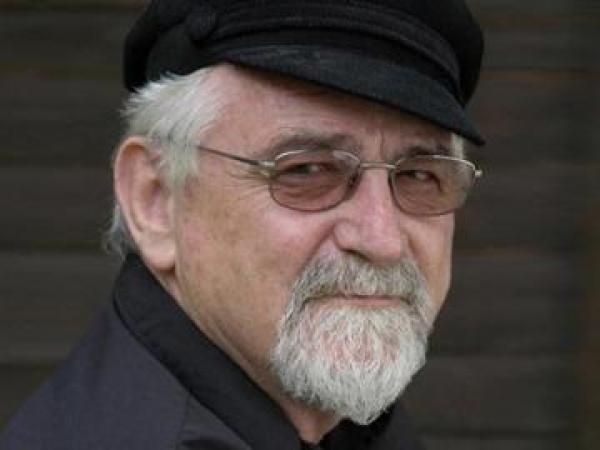Where the wealthiest ‘wine, dine, bribe and bully’

The annual World Economic Forum (WEF) extravaganza got underway last week as 700 private jets whizzed into the Swiss Alpine resort of Davos. This is a gathering where the heads of immensely rich corporations wine, dine, bribe and bully various power brokers and wannabe tycoons to do their bidding and to adopt policies that suit the corporate world.
Because, far from being the United Nations-style interdisciplinary institution it is often portrayed as being, the WEF is, in fact, a private club whose members comprise the chief executives of 1 000 of the world’s wealthiest and most powerful corporations. Their annual Davos talkshop is now an horrendously expensive and lavish opportunity where anybody who thinks they are anybody, has to be seen.
It provides an opportunity for pop stars and fading movie icons to parade their hearts on their sleeves as they tuck into caviar or R400 hamburgers to discuss issues such as alleviating global poverty. But there is no denying that it is a very professional and successful public relations exercise.
It should be remembered, for example, that at the 1993 WEF gathering Nelson Mandela was persuaded to dump the redistributive policies drawn up over several years by the ANC’s Macro-Economic Research Group, headed by the late Vella Pillay. This led to the formal adoption in 1996 of the business friendly, “trickle down” approach of the Growth Employment and Redistribution (GEAR) programme, pinpointed by the unions as a major reason for our current social and economic woes.
It is for all these reasons that the South African labour movement was not represented at Davos this week. However, at taxpayers’ expense, President Jacob Zuma and clutch of ministers and officials were there. As indeed are invited media representatives, some of them professed acolytes of the WEF, who may rub shoulders, as apparent equals, with presidents, monarchs, politicians and some of the most powerful people on earth.
Their hosts are the representatives of the 1% of the global population that last week’s Oxfam report notes will, by next year, own and control 50% of the entire wealth of a world of increasing inequality. As Cosatu spokesperson Patrick Craven says: “This is a business elite who are more powerful than the political elite.”
And, according to Federation of Unions (Fedusa) general secretary, Dennis George, it is “a talkshop with no real follow-up”. However, the unions generally concede that there may be a few crumbs from the tables of the uber-rich, often in the form of tax-deductible donations to one or other good cause.
This is not to denigrate those international labour, religious and human rights representatives who went — again — to Davos to plead for real change and for a better world. Says British TUC general secretary Frances O’Grady: “If Davos is a closed shop for the wealthy and powerful elites who caused today’s global inequality, it won’t come up with the answers needed for a more fair and prosperous future…we need the business leaders attending to commit to…investing in decent jobs instead of the casino capitalism that caused the crash.”
But the small union delegation at Davos should perhaps have been reminded of a statement attributed to the British reformist economist, John Maynard Keynes: “There exists the astonishing belief that the nastiest motives of the nastiest men somehow or other work for the best results in the best of all possible worlds”.
The super rich members of the WEF club may not be nasty at a personal level, but their positions and the corporate dynamic puts their profit-driven interests above those of humanity. And the members are desperately worried. WEF founder and CEO, Klaus Schwab, noted last week that “the world is at a crossroads”.
He pointed out that in one direction lay disintegration and terror, in the other, co-operation and stability. This is, in much the same words, what the trade unions have been saying for years and what Karl Marx or Rosa Luxemburg warned about a century and more ago.
But, as the labour movement continues to point out, it is the likes of the WEF club that has created the crossroads — and driven the world to the critical situation we all now find ourselves in. Says Craven: “These are representatives of a system in which inequality is entrenched.”
The opinions expressed in this article are solely those of the author(s). No inference should be made on whether these reflect the editorial position of GroundUp.
Next: Educational technology has huge potential: a response to Nikki Stein
Previous: City to improve toilet cleaning facility

This article is licensed under a Creative Commons Attribution-NoDerivatives 4.0 International License.


